Premenstrual Syndrome
How to submit an article:
- Registered users can submit any published journal article that has a unique DOI (Digital Object Identifier) name or link to Research Hub.
- For example, you can paste the full DOI link:
https://doi.org/10.1109/5.771073or just the DOI name:10.1109/5.771073into the field above and click submit. - The person who is first to submit a valid article to Research Hub will forever be credited for it, and every article submission earns you +6 Research Points.
Also known as: PMS
Published research studies are articles that present the findings of original research that has undergone a peer-review process and has been made publicly available in scholarly journals, books or other media.
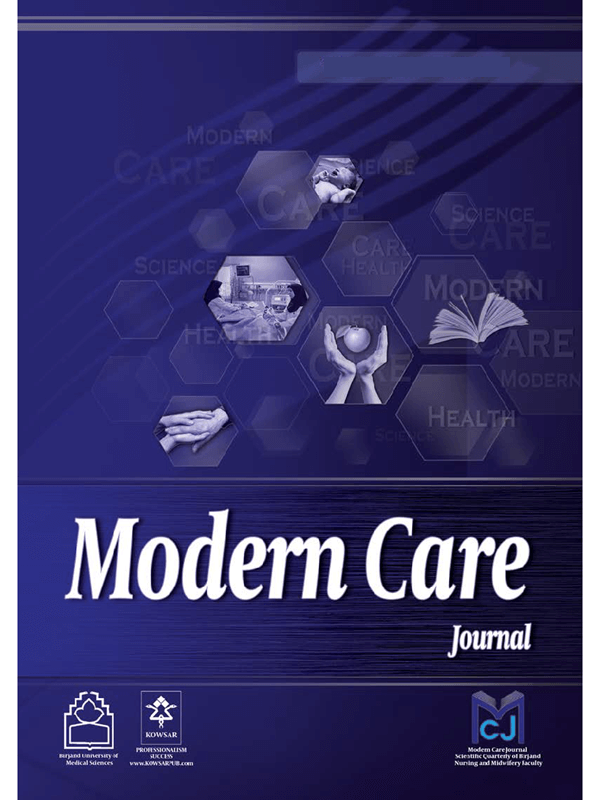
Efficacy of Saffron (Crocus sativus L.) in Premenstrual Syndrome, Labor, Childbirth, and Menopause: A Systematic Review of Clinical Trials
2023 May 09 Modern Care Journal Irani M, Rahmanian A, Soltani N
Systematic Review Saffron Premenstrual Syndrome Labour MenopauseSaffron shows promising improvements in dealing with women's health issues related to labor, childbirth, premenstrual syndrome and menopause.

Effects of Auriculotherapy on treatment of women with premenstrual syndrome symptoms: A randomized, placebo-controlled clinical trial
2022 Jun Complementary Therapies in Medicine Korelo RIG, Moreira NB, Miguel BAC, Cruz CG, Souza NSP, Macedo RMB, et al.
Ninety-one women were randomly assigned to Auriculotherapy (AG), Placebo (PG), and Control (CG) groups. The intervention, conducted over 8 weeks, involved microneedles placed in auricular points related to PMS symptoms (AG) or unrelated points (PG). Both AG and PG groups exhibited significantly lower scores in PMS symptoms, musculoskeletal pain, and anxiety compared to the control group. Quality of life improvement was observed in PG. The study concludes that auriculotherapy can serve as an adjunctive therapy to alleviate both physical and mood symptoms associated with PMS.
Randomised Controlled Trial Ear Acupuncture
Effects of curcumin on menstrual pattern, premenstrual syndrome, and dysmenorrhea: A triple‐blind, placebo‐controlled clinical trial
2021 Oct 28 Phytotherapy Research Bahrami A, Zarban A, Rezapour H, Agha Amini Fashami A, Ferns GA
Randomised Controlled Trial Premenstrual Syndrome Period Pain & EndometriosisCurcumin supplements have comparable effects to placebos in alleviating symptoms of Premenstrual Syndrome and dysmenorrhea in young women.
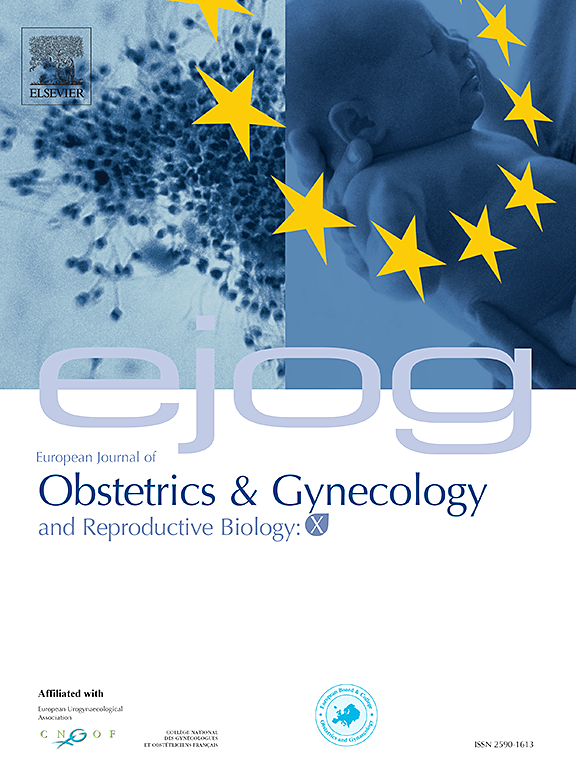
The effect of Matricaria chamomile on menstrual related mood disorders
2021 Oct European Journal of Obstetrics & Gynecology and Reproductive Biology: X Najafi Mollabashi E, Ziaie T, Bostani Khalesi Z
Randomised Controlled Trial Chamomile Premenstrual SyndromeChamomile capsules prove effective in reducing emotional symptoms related to menstrual cycles.
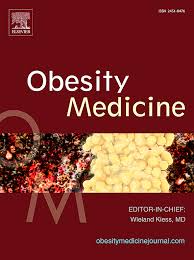
Effect of clary sage oil as an aromatherapy on cardiac autonomic function among patients with premenstrual syndrome – A randomized controlled study
2020 Jun Obesity Medicine Geethanjali S, Venugopal V, Poonguzhali S, Maheshkumar K
Clary sage aromatherapy demonstrated immediate improvements in cardiac autonomic function towards parasympathetic dominance among women with PMS, as indicated by significant changes in short term HRV parameters. Further research with longer durations of aroma inhalation is needed to validate these findings.
Experimental Study Premenstrual Syndrome Aromatherapy Clary SageResearch insights are moderated by the Research Hub team and offer an at-a-glance overview of interesting research findings.

2023 Modern Care Journal
Saffron shows promising improvements in dealing with women's health issues related to labor, childbirth, premenstrual syndrome and menopause.
Systematic Review Labour Menopause Saffron
Efficacy of Saffron (Crocus sativus L.) in Premenstrual Syndrome, Labor, Childbirth, and Menopause: A Systematic Review of Clinical Trials
Irani M, Rahmanian A, Soltani N

2021 Phytotherapy Research
Curcumin supplements have comparable effects to placebos in alleviating symptoms of Premenstrual Syndrome and dysmenorrhea in young women.
Randomised Controlled Trial Period Pain & Endometriosis
Effects of curcumin on menstrual pattern, premenstrual syndrome, and dysmenorrhea: A triple‐blind, placebo‐controlled clinical trial
Bahrami A, Zarban A, Rezapour H, Agha Amini Fashami A, Ferns GA

2021 European Journal of Obstetrics & Gynecology and Reproductive Biology: X
Chamomile capsules prove effective in reducing emotional symptoms related to menstrual cycles.
Randomised Controlled Trial Chamomile
The effect of Matricaria chamomile on menstrual related mood disorders
Najafi Mollabashi E, Ziaie T, Bostani Khalesi Z
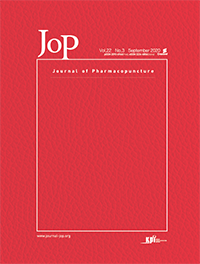
2019 Journal of Pharmacopuncture
Chamomile shows promise in alleviating premenstrual syndrome (PMS) symptoms.
Systematic Review Chamomile
Efficacy of Chamomile in the Treatment of Premenstrual Syndrome: A Systematic Review
Khalesi ZB, Beiranvand SP, Bokaie M

2019 Evidence-Based Complementary and Alternative Medicine
This systematic review shows that the overall effectiveness of acupuncture treatment of premenstrual syndrome is superior to that of sham acupuncture and related medications.
Systematic Review Acupuncture Women's Health
Acupuncture for Premenstrual Syndrome at Different Intervention Time: A Systemic Review and Meta-Analysis
Zhang J, Cao L, Wang Y, Jin Y, Xiao X, Zhang Q
Review Articles
Review articles summarise and critically evaluate the current state of research on a specific topic or field by synthesising multiple primary research studies.

Efficacy of Saffron (Crocus sativus L.) in Premenstrual Syndrome, Labor, Childbirth, and Menopause: A Systematic Review of Clinical Trials
2023 May 09 Modern Care Journal Irani M, Rahmanian A, Soltani N
Systematic Review Saffron Premenstrual Syndrome Labour MenopauseSaffron shows promising improvements in dealing with women's health issues related to labor, childbirth, premenstrual syndrome and menopause.
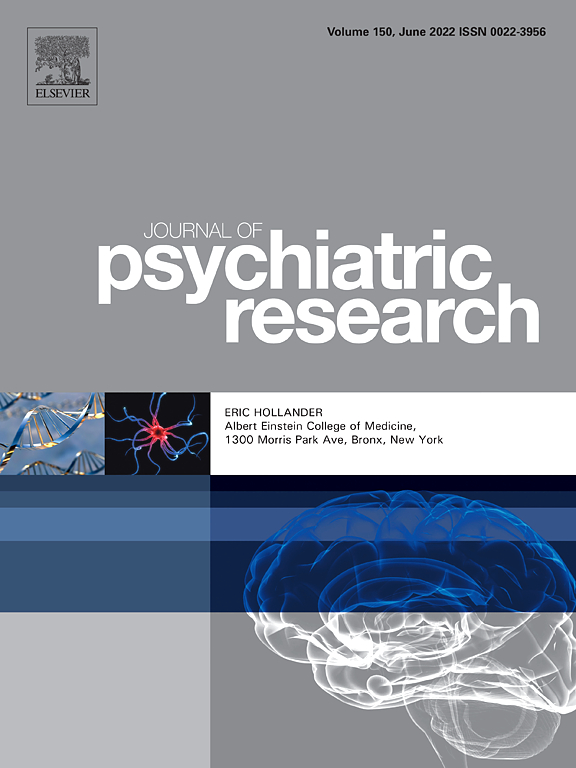
History of premenstrual syndrome and development of postpartum depression: A systematic review and meta-analysis
2020 Feb Journal of Psychiatric Research Cao S, Jones M, Tooth L, Mishra GD
Systematic Review Meta-Analysis Postpartum Depression Premenstrual Syndrome
Efficacy of Chamomile in the Treatment of Premenstrual Syndrome: A Systematic Review
2019 Dec 31 Journal of Pharmacopuncture Khalesi ZB, Beiranvand SP, Bokaie M
Systematic Review Chamomile Premenstrual SyndromeChamomile shows promise in alleviating premenstrual syndrome (PMS) symptoms.

Acupuncture for Premenstrual Syndrome at Different Intervention Time: A Systemic Review and Meta-Analysis
2019 Jun 25 Evidence-Based Complementary and Alternative Medicine Zhang J, Cao L, Wang Y, Jin Y, Xiao X, Zhang Q
Systematic Review Review Article Meta-Analysis Randomised Controlled Trial Acupuncture Women's Health Premenstrual SyndromeThis systematic review shows that the overall effectiveness of acupuncture treatment of premenstrual syndrome is superior to that of sham acupuncture and related medications.
From article : Chinese medicine “treat the manifestation for emergency cases, treat root in chronic cases." — 15 Apr 2021
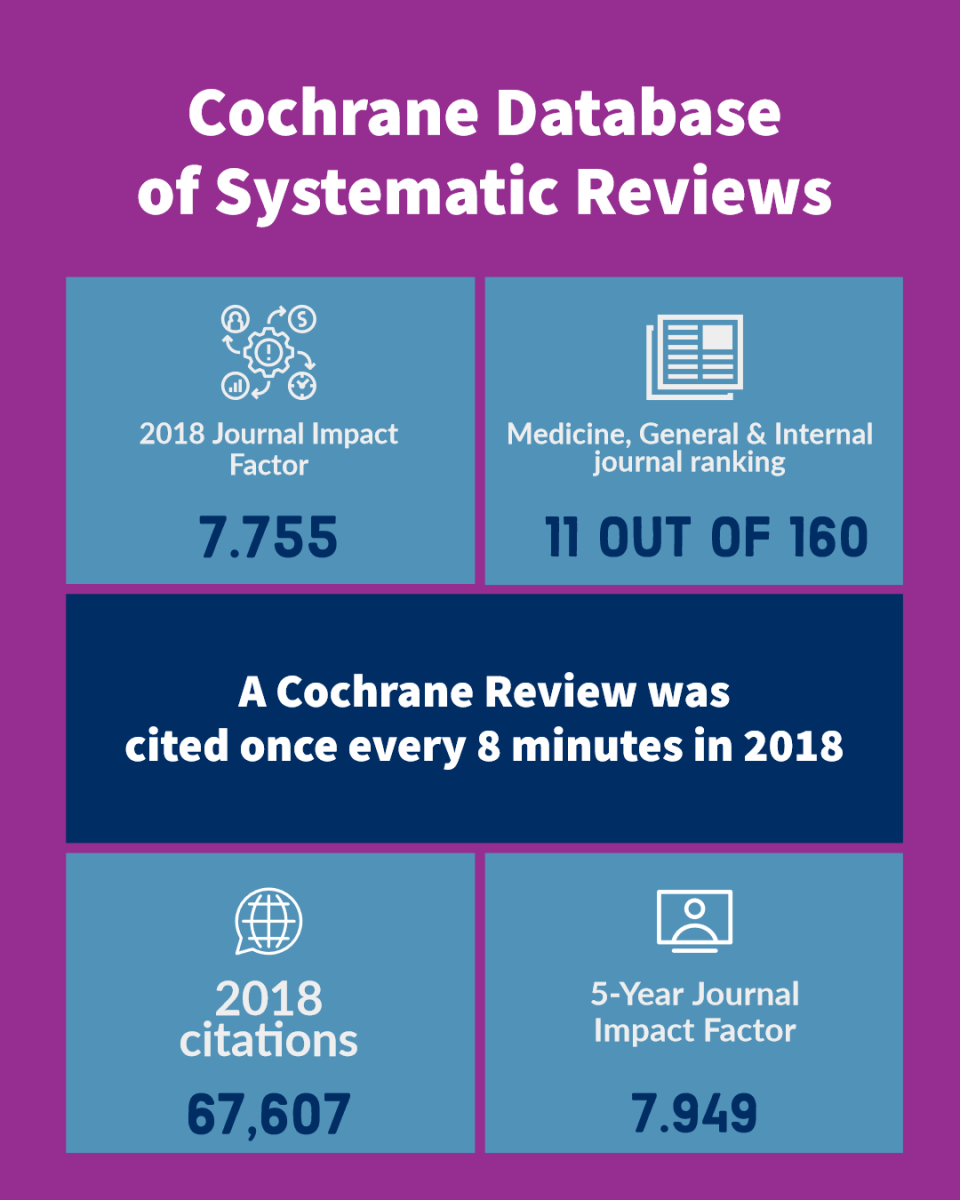
Acupuncture and acupressure for premenstrual syndrome
2018 Aug 14 Cochrane Database of Systematic Reviews Armour M, Ee CC, Hao J, Wilson TM, Yao SS, Smith CA
Systematic ReviewAcupuncture may reduce overall mood and physical PMS symptoms when compared to sham. Acupressure may reduce the number of women having moderate to severe PMS symptoms when compared to sham acupressure.
Clinical Trials
Clinical trials are research studies that involve people and are conducted to evaluate the safety and efficacy of new treatments or interventions, such as drugs, medical devices, or behavioural therapies.

Effects of Auriculotherapy on treatment of women with premenstrual syndrome symptoms: A randomized, placebo-controlled clinical trial
2022 Jun Complementary Therapies in Medicine Korelo RIG, Moreira NB, Miguel BAC, Cruz CG, Souza NSP, Macedo RMB, et al.
Ninety-one women were randomly assigned to Auriculotherapy (AG), Placebo (PG), and Control (CG) groups. The intervention, conducted over 8 weeks, involved microneedles placed in auricular points related to PMS symptoms (AG) or unrelated points (PG). Both AG and PG groups exhibited significantly lower scores in PMS symptoms, musculoskeletal pain, and anxiety compared to the control group. Quality of life improvement was observed in PG. The study concludes that auriculotherapy can serve as an adjunctive therapy to alleviate both physical and mood symptoms associated with PMS.
Randomised Controlled Trial Ear Acupuncture
Effects of curcumin on menstrual pattern, premenstrual syndrome, and dysmenorrhea: A triple‐blind, placebo‐controlled clinical trial
2021 Oct 28 Phytotherapy Research Bahrami A, Zarban A, Rezapour H, Agha Amini Fashami A, Ferns GA
Randomised Controlled Trial Premenstrual Syndrome Period Pain & EndometriosisCurcumin supplements have comparable effects to placebos in alleviating symptoms of Premenstrual Syndrome and dysmenorrhea in young women.

The effect of Matricaria chamomile on menstrual related mood disorders
2021 Oct European Journal of Obstetrics & Gynecology and Reproductive Biology: X Najafi Mollabashi E, Ziaie T, Bostani Khalesi Z
Randomised Controlled Trial Chamomile Premenstrual SyndromeChamomile capsules prove effective in reducing emotional symptoms related to menstrual cycles.

Acupuncture for Premenstrual Syndrome at Different Intervention Time: A Systemic Review and Meta-Analysis
2019 Jun 25 Evidence-Based Complementary and Alternative Medicine Zhang J, Cao L, Wang Y, Jin Y, Xiao X, Zhang Q
Systematic Review Review Article Meta-Analysis Randomised Controlled Trial Acupuncture Women's Health Premenstrual SyndromeThis systematic review shows that the overall effectiveness of acupuncture treatment of premenstrual syndrome is superior to that of sham acupuncture and related medications.
From article : Chinese medicine “treat the manifestation for emergency cases, treat root in chronic cases." — 15 Apr 2021
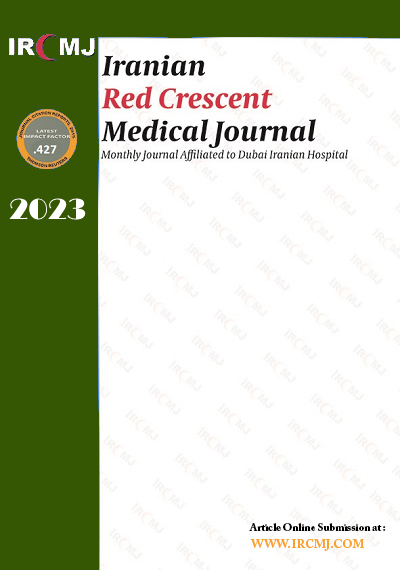
Effect of Peppermint Oil on Premenstrual Syndrome: A Randomized, Double-Blind Placebo-Controlled Study
2019 Apr 24 Iranian Red Crescent Medical Journal Agajani Delavar M, Ebrahimi S, Esmaeilzadeh S, Khamse A
Randomised Controlled Trial Peppermint Peppermint Oil Premenstrual SyndromePeppermint oil capsules may significantly reduce the severity of premenstrual syndrome symptoms in reproductive-age women.
Study Protocols
Published study protocols are detailed plans that outline the objectives, methodology, statistical analyses, and organisation of a research study that have been made publicly available for others to review and use as a reference.
Presentation Slides

Systematic Review
Saffron shows promising improvements in dealing with women's health issues related to labor, childbirth, premenstrual syndrome and menopause.
Irani M, Rahmanian A, Soltani N

Randomised Controlled Trial
Curcumin supplements have comparable effects to placebos in alleviating symptoms of Premenstrual Syndrome and dysmenorrhea in young women.
Bahrami A, Zarban A, Rezapour H, Agha Amini Fashami A, Ferns GA

Randomised Controlled Trial
Chamomile capsules prove effective in reducing emotional symptoms related to menstrual cycles.
Najafi Mollabashi E, Ziaie T, Bostani Khalesi Z

Systematic Review
Chamomile shows promise in alleviating premenstrual syndrome (PMS) symptoms.
Khalesi ZB, Beiranvand SP, Bokaie M

Systematic Review
This systematic review shows that the overall effectiveness of acupuncture treatment of premenstrual syndrome is superior to that of sham acupuncture and related medications.
Zhang J, Cao L, Wang Y, Jin Y, Xiao X, Zhang Q

Randomised Controlled Trial
Peppermint oil capsules may significantly reduce the severity of premenstrual syndrome symptoms in reproductive-age women.
Agajani Delavar M, Ebrahimi S, Esmaeilzadeh S, Khamse A

Systematic Review
Acupuncture may reduce overall mood and physical PMS symptoms when compared to sham. Acupressure may reduce the number of women having moderate to severe PMS symptoms when compared to sham acupressure.
Armour M, Ee CC, Hao J, Wilson TM, Yao SS, Smith CA

Clinical Study
Cinnamon shows significant positive effects in reducing the severity of physical symptoms of premenstrual syndrome among adolescent girls at Mansoura University.
Hashim S, El-Sayed H, Wasel S
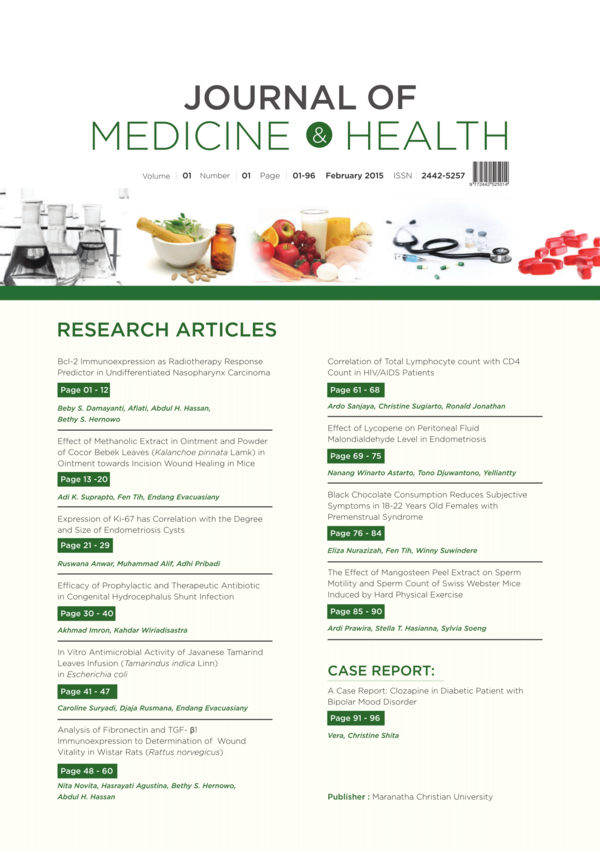
Randomised Controlled Trial
Consuming dark chocolate every day for two weeks before menstruation significantly reduced symptoms of premenstrual syndrome in women aged 18-22, showing improvements in anxiety, fatigue, abdominal cramps, bloating, and other related symptoms.
Nurazizah E, Tih F, Suwindere W

Systematic Review
Acupuncture and herbal medicine show promise in alleviating premenstrual syndrome and premenstrual dysphoric disorder symptoms, with over 50% relief and proven safety.
Jang SH, Kim DI, Choi MS
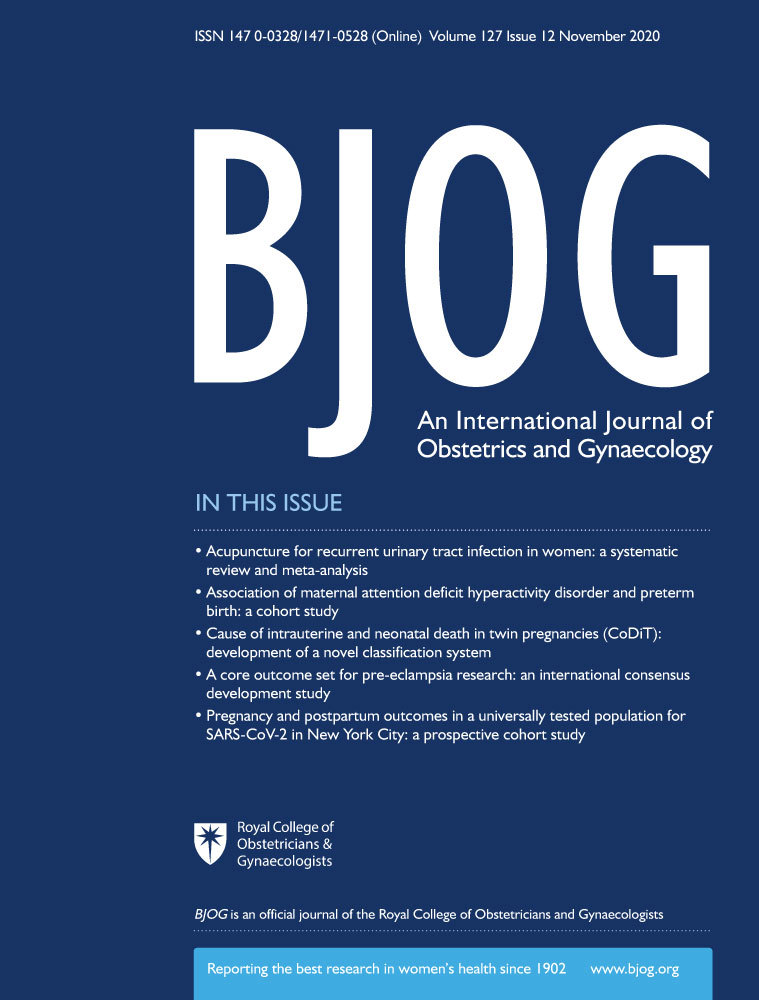
Systematic Review
Acupuncture shows promise for alleviating PMS symptoms.
S-Y Kim, H-J Park, H Lee, H Lee

Systematic Review
Acupuncture seems promising for symptom improvement in women with premenstrual syndrome.
Kim SY, Park HJ, Lee H, Lee H

Systematic Review
Study finds acupuncture for PMS holds promise.
Seung-HunChoaJongwooKimb
Executive Summary
Write an executive summary in the form of a blog article on the topic of "Research into Chinese medicine treatment for Premenstrual Syndrome" summarising the research below and using language that can be easily understood by patients and avoiding medical jargon using a professional and caring tone of voice.
Write an executive summary in the form of a blog article on the topic of "Researched Chinese medicine treatments for Premenstrual Syndrome" summarising the research below in an objective and easy to understand way, and using language that can be easily understood by patients. Group the article into Chinese medicine treatments first, followed by nutrition and other treatments. Avoid using medical jargon and use a professional and caring tone of voice.
Write me a concise but easy to understand executive summary on the topic of "Chinese medicine treatments for Premenstrual Syndrome" based on the following research that I will give you. Your summary should be 2 paragraphs long in Australian English spelling and include references to the studies.
A Systematic Review published in 2023 in the journal Modern Care Journal found that Saffron shows promising improvements in dealing with women's health issues related to labor, childbirth, premenstrual syndrome and menopause. For the methodology, the investigators implemented a systematic review by utilizing the PICO process to explore various databases like PubMed, Scopus, Cochrane, among others, until February 2023. A strategically designed search was conducted using a set of keywords related to saffron and women's health conditions. From a pool of 164 articles, 20 randomized controlled trials that met the minimum score based on the Jadad scale were included in the study. In terms of results, the investigation revealed that saffron holds positive impacts on labor and childbirth, such as enhancing Bishop's score, fostering labor progression, and reducing labor pain intensity and fatigue. Moreover, it helps with episiotomy healing and ameliorates mood swings and psychological symptoms associated with menopause and premenstrual syndrome. The study also acknowledges some influence of saffron on postpartum depression.
A Randomised Controlled Trial published in 2021 in the journal Phytotherapy Research found that Curcumin supplements have comparable effects to placebos in alleviating symptoms of Premenstrual Syndrome and dysmenorrhea in young women. In the methodology of this study, a randomized, triple-blinded, placebo-controlled trial was carried out. Women who were affected by both Premenstrual Syndrome and dysmenorrhea were enrolled and randomly assigned to either the curcumin or placebo group. Participants were given a capsule, containing either 500mg of curcuminoid or a placebo, once daily, starting from 7 days before menstruation and continuing till three days after menstruation. This was maintained for three continuous menstrual cycles. As per the results, upon the completion of the trial, both the curcumin and placebo groups witnessed a significant decrease in the severity of Premenstrual Syndrome and dysmenorrhea symptoms, as evident by a decrease in the scores of the Premenstrual Syndrome Screening Tool and the visual analog scale. Therefore, curcumin was found to have similar effects to the placebo, in terms of relieving symptoms of both Premenstrual Syndrome and dysmenorrhea.
A Randomised Controlled Trial published in 2021 in the journal European Journal of Obstetrics & Gynecology and Reproductive Biology: X found that Chamomile capsules prove effective in reducing emotional symptoms related to menstrual cycles. In the methodology of this clinical trial, 118 Guilan University students were split into two groups – one receiving chamomile capsules, the other a placebo – with each participant taking one capsule every eight hours for seven days before menstruation. The Premenstrual Symptoms Screening Tool was used to gather data. The assessment of the results reveals that the group of students who consumed the chamomile capsules observed a more noteworthy decrease in menstrual-related mood disorders when compared to the placebo group. Moreover, even after controlling for other variables, there was a significant difference between the two groups in terms of changes in mood symptom severity.
A Systematic Review published in 2019 in the journal Journal of Pharmacopuncture found that Chamomile shows promise in alleviating premenstrual syndrome (PMS) symptoms. This review examines the efficacy of chamomile in treating premenstrual syndrome (PMS), a condition characterized by physical and psychological symptoms. Eight randomized controlled trials (RCTs) met the inclusion criteria out of 27 identified studies. Chamomile, known for its anti-inflammatory, anti-spasmodic, and anti-anxiety properties, showed promise in alleviating PMS symptoms. It was compared with Mefenamic Acid (MA), placebo, and no treatment, with positive results. While existing studies suggest chamomile's effectiveness, the authors emphasize the need for further trials with diverse forms and doses, larger populations, and longer durations. Chamomile, as a readily available herbal remedy, offers potential relief for PMS symptoms in women.
A Systematic Review published in 2019 in the journal Evidence-Based Complementary and Alternative Medicine found that This systematic review shows that the overall effectiveness of acupuncture treatment of premenstrual syndrome is superior to that of sham acupuncture and related medications. Results. A total of 15 studies, comprising of 1103 cases, were included. Overall, acupuncture significantly increased the effective rate of PMS compared with medicine and sham acupuncture. Subgroup analyses showed no significant difference among different intervention time to start acupuncture treatment. Among the acupoints involved in the treatment of PMS, SP6, LR3, and RN4 were the most commonly used. The current meta-analysis reveals that acupuncture leads to better effective rate, but the intervention time has no significant effect on the efficacy of acupuncture treatment for PMS. SP6, LR3, and RN4 are the most commonly used acupoints in treating PMS. However, large-scale, case-control studies with rigorous designs are required to provide more accurate evidence.
A Randomised Controlled Trial published in 2019 in the journal Iranian Red Crescent Medical Journal found that Peppermint oil capsules may significantly reduce the severity of premenstrual syndrome symptoms in reproductive-age women. The study was a randomized, double-blind, placebo-controlled trial involving 50 high school students in Babol, Iran who were diagnosed with premenstrual syndrome. Participants were divided into two groups. One group was given Colpermin® capsules, which contained peppermint oil, while the other group was given a placebo. These were taken twice daily from the 15th day of one menstrual period to the first day of the next period across two menstrual cycles. The severity of PMS was evaluated at the first luteal phase of the menstrual cycle and again at the third luteal phase, using a 28-item PMS checklist. Over two menstrual cycles, participants who took the peppermint oil capsules experienced a more significant decrease in premenstrual syndrome scores compared to those in the placebo group. Thus, peppermint oil has demonstrated its potential as an effective treatment in managing the severity of premenstrual syndrome symptoms in this sample.
A Systematic Review published in 2018 in the journal Cochrane Database of Systematic Reviews found that Acupuncture may reduce overall mood and physical PMS symptoms when compared to sham. Acupressure may reduce the number of women having moderate to severe PMS symptoms when compared to sham acupressure. The limited evidence available suggests that acupuncture and acupressure may improve both physical and psychological symptoms of premenstrual syndrome (PMS) when compared to a sham control. There was insufficient evidence to determine whether there was a difference between the groups in rates of adverse events.There is no evidence comparing acupuncture or acupressure versus current International Society for Premenstrual Disorders (ISPMD) recommended treatments for PMS, such as selective serotonin reuptake inhibitors (SSRIs). Further research is required, using validated outcome measures for PMS, adequate blinding and suitable comparator groups reflecting current best practice.
A Clinical Study published in 2016 in the journal Mansoura Nursing Journal found that Cinnamon shows significant positive effects in reducing the severity of physical symptoms of premenstrual syndrome among adolescent girls at Mansoura University. The methodology used in this study was a quasi-experimental research design conducted at the nursing School of Mansoura University. The purposive sample was 150 students suffering from premenstrual syndrome, over the course of September 2012 to May 2013. The data was collected using three tools: a structured questionnaire, an assessment tool to gauge the severity of physical PMS symptoms, and a Likert scale to measure the level of student satisfaction after using cinnamon to relieve physical symptoms. The results showed a significant reduction in the severity of physical PMS symptoms after the students regularly used cinnamon. A notable correlation was found between the decrease in symptom severity and the regular use of cinnamon. Furthermore, the study found that about three-quarters of the sampled students were satisfied with the use of cinnamon for symptom relief. These findings demonstrated the potential benefits of cinnamon in alleviating PMS physical discomfort.
A Randomised Controlled Trial published in 2015 in the journal Journal Of Medicine & Health found that Consuming dark chocolate every day for two weeks before menstruation significantly reduced symptoms of premenstrual syndrome in women aged 18-22, showing improvements in anxiety, fatigue, abdominal cramps, bloating, and other related symptoms. This research involved 30 women aged 18-22, using an experimental design with one group pre and post-test. Subjects consumed 20 grams of dark chocolate daily for two weeks before their menstruation period and reported their symptoms using a questionnaire. The data was analyzed using statistical tests to measure changes in individual PMS symptoms before and after eating dark chocolate. The study found a highly significant decrease in anxiety symptoms and a statistically significant reduction in various PMS symptoms, including fatigue, abdominal cramps, bloating, diarrhea, headache, back pain, changes in appetite, muscle or joint pain, and concentration problems. However, there was a slight increase in acne complaints.
A Systematic Review published in 2014 in the journal BMC Complementary Medicine and Therapies found that Acupuncture and herbal medicine show promise in alleviating premenstrual syndrome and premenstrual dysphoric disorder symptoms, with over 50% relief and proven safety. The passage discusses a review of studies focusing on the efficacy of acupuncture and herbal medicine in treating premenstrual syndrome (PMS) and premenstrual dysphoric disorder (PMDD). The review identified and analyzed 19 randomized controlled trials (RCTs) involving acupuncture and herbal interventions. Acupuncture treatments encompassed various techniques, including traditional acupuncture, hand acupuncture, and moxibustion, while herbal interventions included Vitex Agnus castus, Hypericum perforatum, and other herbal remedies. Results showed that both acupuncture and herbal treatments led to a 50% or greater reduction in symptoms compared to baseline. The studies suggested that acupuncture and herbal treatments could alleviate physical and psychological symptoms of PMS/PMDD. The safety of acupuncture and herbal interventions was generally established, with minimal reported adverse events. However, the review emphasized the need for larger-scale, well-controlled trials to further validate these findings and guide clinical recommendations for specific symptom relief.
A Systematic Review published in 2011 in the journal BJOG: An International Journal of Obstetrics & Gynaecology found that Acupuncture shows promise for alleviating PMS symptoms. This review assesses acupuncture's effectiveness in treating premenstrual syndrome (PMS). Ten randomized controlled trials (RCTs) involving women with PMS were analyzed. The results indicate that acupuncture outperforms controls, showing significant symptom improvement (pooled RR 1.55, 95% CI 1.33–1.80, p < 0.00001). A comparison with progestin and/or anxiolytics also favored acupuncture (RR 1.49, 95% CI 1.27–1.74, p < 0.00001). Acupuncture demonstrated superiority over sham acupuncture (RR 5.99, 95% CI 2.84–12.66, p < 0.00001), with no observed harm. However, the studies displayed notable methodological flaws, highlighting the need for further rigorous research to solidify acupuncture's potential in alleviating PMS symptoms.
A Systematic Review published in 2011 in the journal BJOG: An International Journal of Obstetrics & Gynaecology found that Acupuncture seems promising for symptom improvement in women with premenstrual syndrome. Ten RCTs were included in our review. The pooled results demonstrated that acupuncture is superior to all controls. A meta-analysis comparing the effects of acupuncture with different doses of progestin and/or anxiolytics supported the use of acupuncture. In addition, acupuncture significantly improved symptoms when compared with sham acupuncture. No evidence of harm resulting from acupuncture emerged. Most of the included studies demonstrated a high risk of bias in terms of random sequence generation, allocation concealment, and blinding. Although acupuncture seems promising for symptom improvement in women with PMS, important methodological flaws in the included studies weaken the evidence. Considering the potential of acupuncture, further rigorous studies are needed.
A Systematic Review published in 2010 in the journal Complementary Therapies in Medicine found that Study finds acupuncture for PMS holds promise. The effectiveness of acupuncture for treating premenstrual syndrome (PMS) remains uncertain. This study assessed nine randomized controlled trials (RCTs) on acupuncture's impact on PMS symptoms. Only two trials provided adequate information on sequence generation and allocation concealment. Four studies noted significant reductions in PMS symptoms with acupuncture compared to pharmaceutical treatment. Two trials reported improvements in primary symptoms for both acupuncture and herbal medication groups. Adverse events related to acupuncture were minimal, with only one case of a small subcutaneous hematoma reported. Overall, while the trials suggest potential benefits, methodological flaws limit the conclusive evidence for acupuncture in treating PMS.
Moderation Tools
Topic
Sign In
Users not signed in are limited to viewing the 5 most recent items of content.
This meta-analysis found that women with a history of PMS had double the odds of developing postpartum depression. Current evidence supports a significant association between history of PMS and development of PPD. —Jinnan C 3 Oct 2022